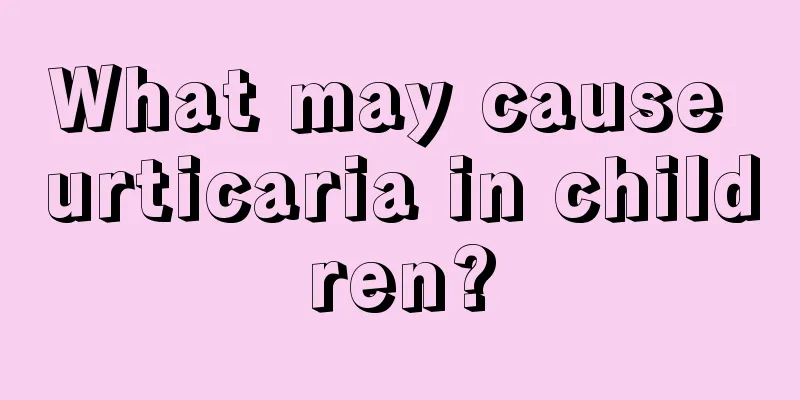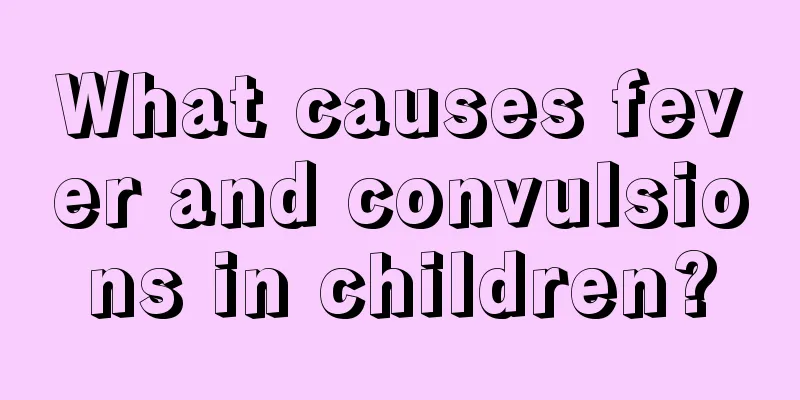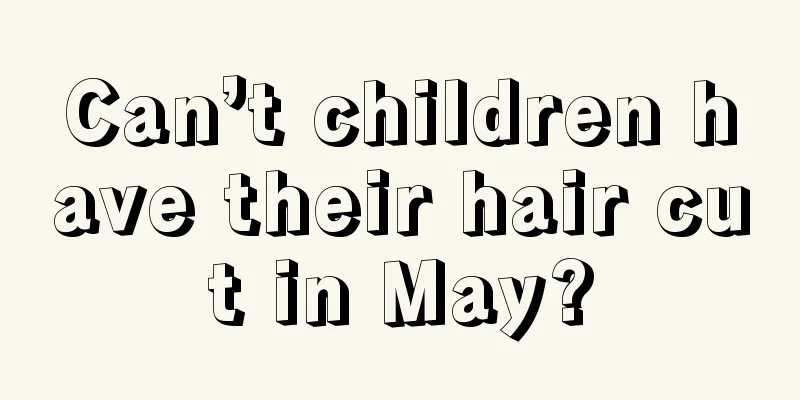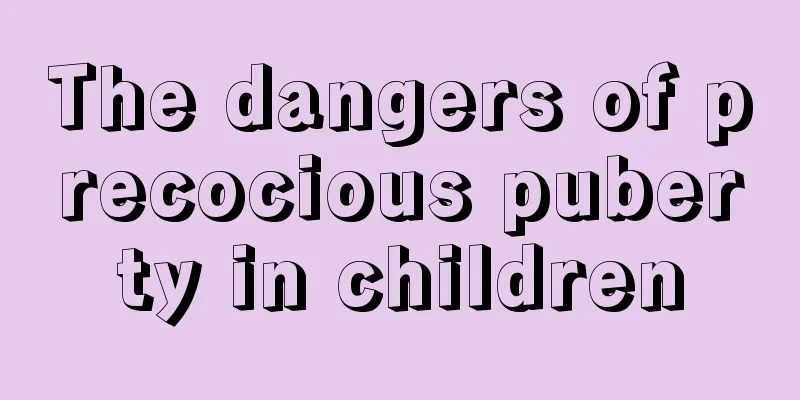What may cause urticaria in children?

|
When children suffer from urticaria, it is actually an allergic reaction. For example, many foods can cause allergies in children. The second is infection. Children of different sizes and physical constitutions have different allergies. For example, some children are allergic to breast milk, some are allergic to milk, some are allergic to flowers and plants, etc. These allergies can cause urticaria in children. 1. Internal factors. (1) The baby has a hereditary allergic constitution, or his or her vascular, neurological and immune functions are impaired. If allergens such as pollen, mold, and animal dander are eaten or inhaled, they can easily pass through the thin intestinal wall and enter the blood. Because babies have abundant subcutaneous capillaries, the symptoms will appear immediately on the skin. (2) Imperfect gastrointestinal system and weak immunity. 2. External factors. The most common external factors that cause baby urticaria are drugs and food: (1) Food: nuts, seafood, eggs, strawberries, mushrooms, milk, etc. (2) Drugs: penicillin, streptomycin, sulfonamides, aspirin, chloramphenicol, furazolidone, serum, vaccines, etc. (3) Inhalants: pollen, dust, smoke, etc. (4) Sources of infection: bacteria, viruses, fungi, parasites, etc. (5) Animal and plant irritants: bed bugs, mites, nettles, kudzu, etc. (6) Physical factors: excessive cold, excessive heat, cold wind, sunlight and stimulation from certain skin care products, etc. The cause of hives may vary depending on your baby's age. (1) Breastfeeding period: If the infant is mainly fed with breast milk, milk, and dairy products, the causes of urticaria are often related to the additives in milk and dairy products. (2) After adding complementary foods: As they grow older, infants and young children begin to add complementary foods. At this time, eggs, meat floss, fish floss, fruit juice, vegetables and fruits can all become causes of allergies. (3) Preschool and school-age children: Children at this age tend to like to eat snacks, and there are more types of snacks and regular meals, so the chance of food allergies increases. Foods such as nuts, fish, crabs, shrimps, peanuts, eggs, strawberries, apples, plums, citrus fruits, various cold drinks, beverages, chocolate, etc. may become the cause of allergies. (4) Children aged 2-7 years old lack self-control. When they go outdoors, in the wild, in the bushes, or under street lights in the evening, they are often bitten by insects or come into contact with pollen, dust, mites, and the fur of pets such as cats and dogs, all of which can easily become the cause of allergies. (5) Children in childhood and early childhood have low immunity and are prone to various infections. Therefore, diseases such as purulent tonsillitis, pharyngitis, enteritis, and upper respiratory tract infections can be triggers of urticaria at any time of the year. (6) Older children and adolescents are more likely to be allergic to drugs, especially penicillin, which may cause urticaria. 3. Symptoms of urticaria in children About 15%-20% of babies have experienced urticaria, which is a very common skin symptom. The child's skin surface is swollen and red spots appear. The baby will feel itchy and keep scratching with his little hands. The rash usually lasts for a few minutes to a few hours before disappearing, but it can sometimes last for a few days. If the symptoms of urticaria in children do not exceed 6 weeks, it is acute; if they exceed 6 weeks, it is chronic. Chronic urticaria is an allergic reaction to a specific antigen. Hives are characterized by cycles of hives appearing in various parts of the body. Sometimes it's fine during the day, but becomes serious at night. If part of the skin becomes red, swollen, or itchy after eating certain foods, being bitten by insects such as ants, or due to psychological excitement, it may be urticaria. Babies with allergic reactions may also have diarrhea or vomiting, and may sneeze and have a runny nose. Some babies may also feel dizzy or have difficulty breathing. |
<<: What causes allergies in children? These reasons are the most common!
>>: Children with tonsillitis should eat more of these
Recommend
What should I do if my child has low immunity?
In life, there are some children who are not pron...
What should parents do if their child’s vulva is red and itchy?
When women enter puberty, vaginal secretions begi...
What kind of milk powder should babies with anemia eat?
Did you know that not only adults but also babies...
Massage techniques for jaundice in children
When the bilirubin in human serum rises abnormall...
Why are children's underwear yellow?
When adult women's underwear turns yellow, it...
Introduction to October Baby Food Recipe
Every child is the apple of his or her parents’ e...
Can children eat peach gum?
Peach gum can have a beautifying and skin-nourish...
How to treat cough variant asthma in children?
Children are very likely to suffer from asthma be...
Can children take medicine for mumps? What kind of treatment is needed?
Mumps in children is more serious because childre...
What should I do if my child’s front teeth have cavities? The method is actually very simple
Dental health has a huge impact on people's l...
What causes children to walk unsteadily?
Of course, parents hope that their children can g...
When should the baby eat VD?
For babies, every nutrient in the body is indispe...
Newborn baby wakes up crying
Many parents will find that their babies sometime...
What medicine should children take for anorexia
Anorexia is a condition in which one has no inter...
What should I do if my child has tonsillitis and a fever of 40 degrees?
Due to the influence of colds and other reasons, ...









